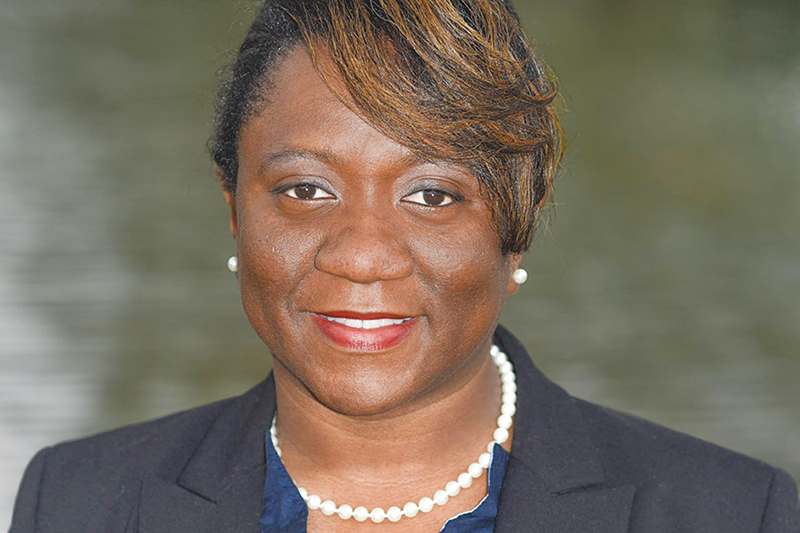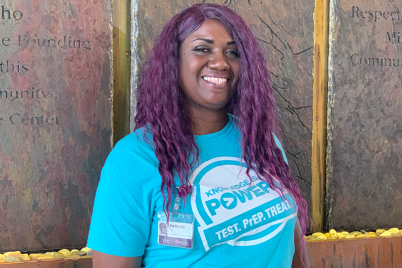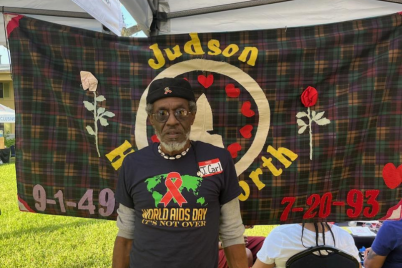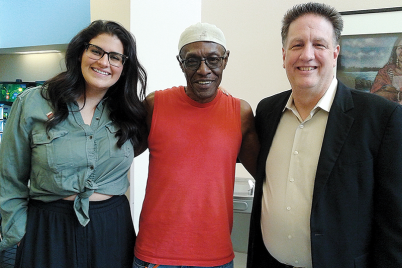Bridget Narvaez, RN, Director of Medical and Educational Services EPIC (Empath Partners in Care)
By LaShante Keys, Empath Health Community Partnership Specialist
PINELLAS COUNTY — Today, HIV (human immunodeficiency virus) and AIDS (acquired immunodeficiency syndrome) remain a serious epidemic. The Centers for Disease Control and Prevention (CDC) recently showed that more than one million people in the U.S. are living with HIV and that one in seven people do not know they have HIV. It is primarily transmitted through unprotected sex or sharing intravenous drug needles.
The good news is that HIV has shifted into a manageable condition. Many individuals go on to live long and healthy lives, but that requires a lifetime of treatment, a healthy diet, exercise, good hygiene and clean living environments. Consistently taking medications can suppress the virus to undetectable levels so it cannot be spread to others.
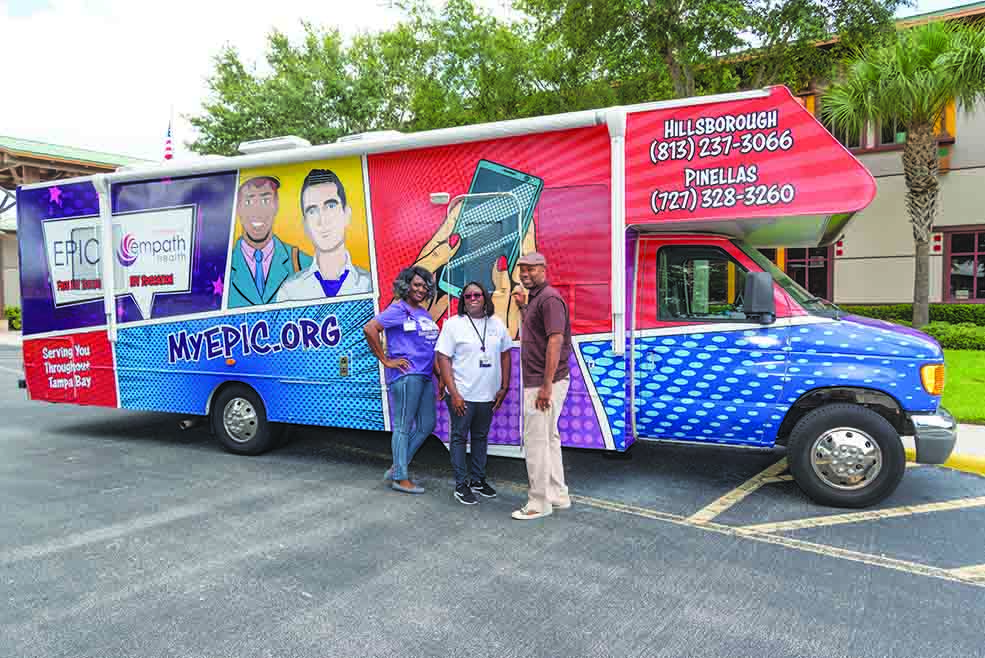
L-R, Keayea Lee, Michele Watkins and Dartange Scott – Educational Outreach and Testing Staff for EPIC standing in front of EPIC’s Mobile Testing Unit, which brings rapid HIV and STD testing throughout the Tampa Bay Area.
EPIC (Empath Partners in Care), a member of Empath Health, specializes in HIV services in Pinellas County and Tampa. Bridget Narvaez, RN, director of medical and education services for EPIC, works with her outreach and prevention team to provide HIV/AIDS prevention education, testing and counseling support throughout the community.
EPIC is now part of a larger initiative to further decrease new HIV infections.
“Tampa Bay is a hotspot with HIV,” Narvaez explained. “EPIC recently joined forces with other local HIV and health agencies to form Zero Pinellas, a multi-year collaborative funded by the Foundation for Healthy St. Petersburg. Our goal is to reduce new HIV infections by 50 percent through testing and prevention education.”
A crisis for African Americans
One population hit hard by HIV is African Americans. The CDC showed that while black people make up 12 percent of the population, they make up 44 percent of new HIV diagnoses. One in six African Americans do not know they have HIV. Out of all HIV diagnoses in the U.S., black gay or bisexual men, other gay and bisexual men and black heterosexual women have the highest numbers of diagnoses.
“Every time I see the numbers grow it tells me that more needs to be done,” Narvaez shared. “We have to bring the numbers down for HIV and all STIs (sexually transmitted infections).”
Stigma, fear and homophobia can be barriers for African Americans getting tested or into care.
“We have heard many excuses for not getting tested, such as, ‘I stopped having sex long ago,’ ‘I only had sex once,’ or ‘My boyfriend or girlfriend was tested so I am good.’ You cannot go off of one person’s test, you have to know your own status,” she said.
She stressed that it is critical for the community to change mindsets.
“It is sad when a young person passes away because he or she was too scared to get tested or treatment. It is heart-wrenching to have a mother lose her life and leave behind her children. We can stop the spread of HIV, but it takes everyone. It takes a community.”
In 2017, EPIC served more than 2,000 clients and administered 3,200 free, rapid HIV tests in the community. Services included HIV and hepatitis testing, medical case management, counseling, support groups, housing and financial assistance, food and personal care pantries, primary and pharmacy care, day center and education on HIV/AIDS and PrEP (pre-exposure prophylaxis) HIV prevention treatment.
Adults and teens ages 13 and older are welcome to be tested Monday through Friday from 8-4 p.m. at EPIC’s St. Petersburg, Clearwater and Tampa locations or in its mobile unit.
“We have always reached out to large populations of homeless people, sex workers, individuals who do drugs and others,” Narvaez explained. “We partner with various local churches, healthcare providers, organizations and businesses. The test is quick with results usually in about 15 minutes. Our team will walk through this hand-in-hand with people. We will help those who are reactive (positive) get into care or those who are nonreactive (negative) learn how to stay HIV-free.”
We hope for the day of a cure and no more lives lost to HIV/AIDS. Until then, we keep going.
To learn more about EPIC services, please visit MyEPIC.org or call (727) 328-3260 or (813) 237-3066.
Post Views:
4,033


